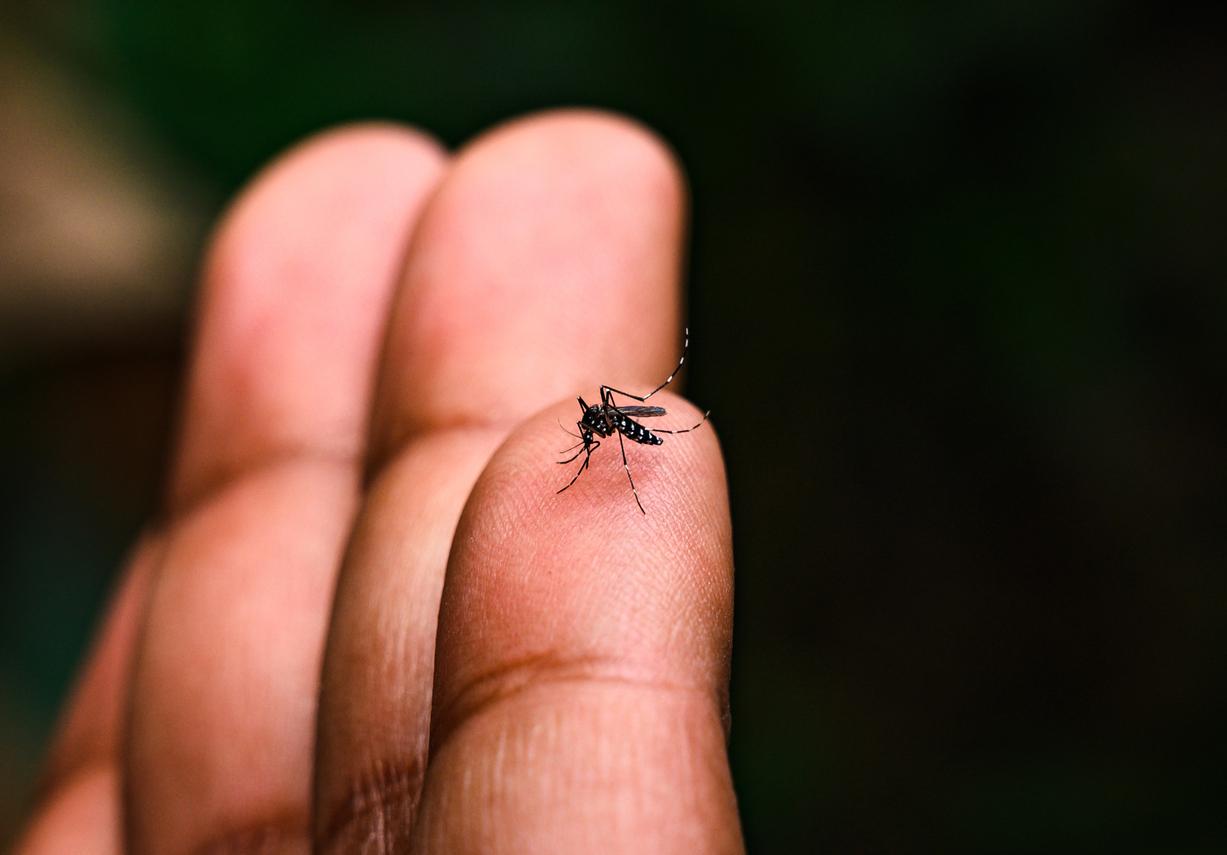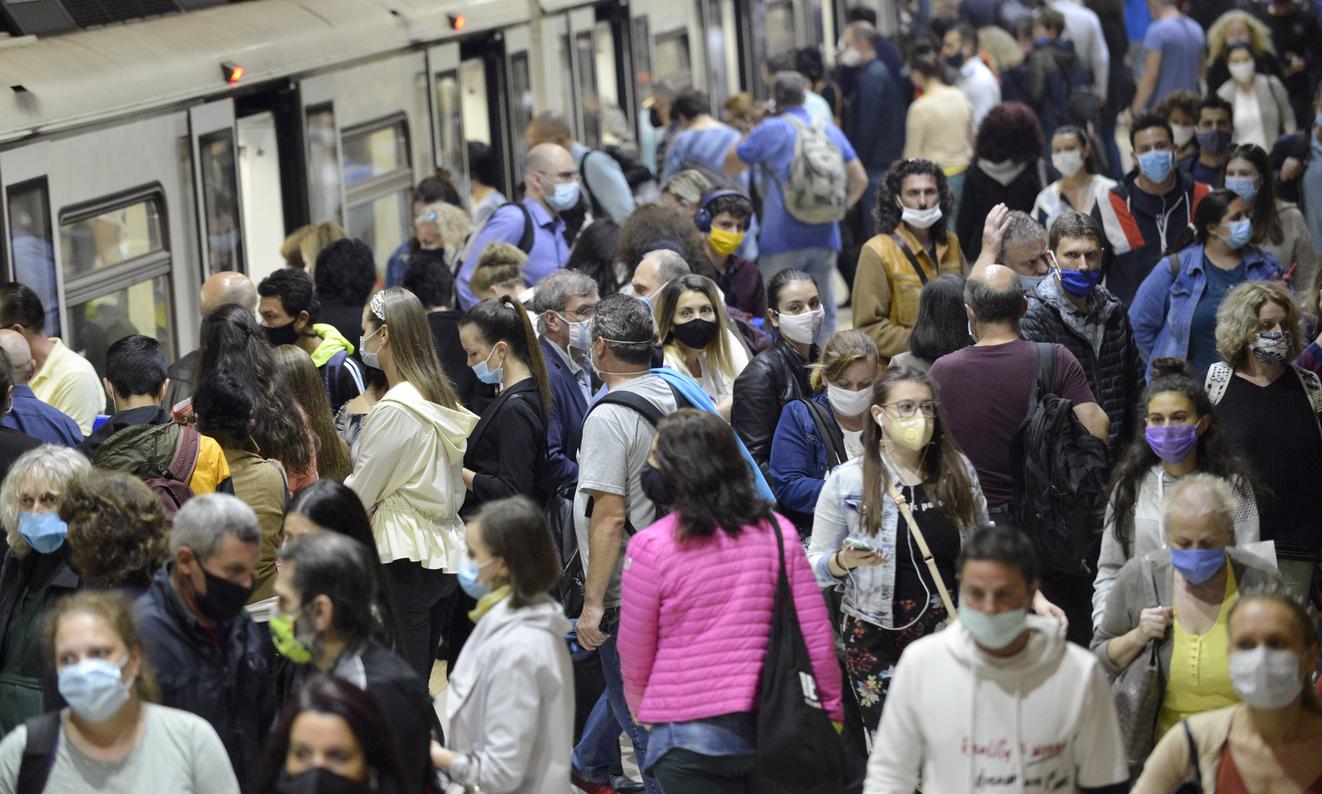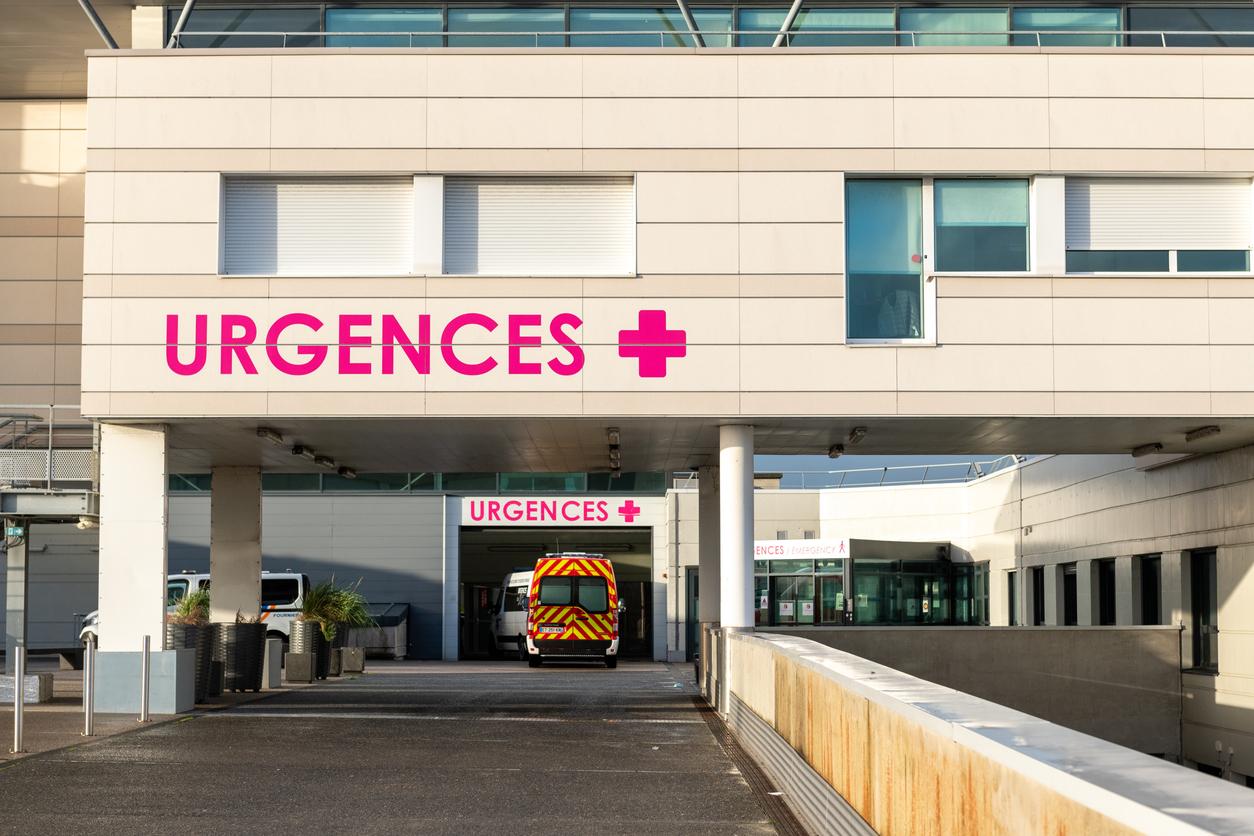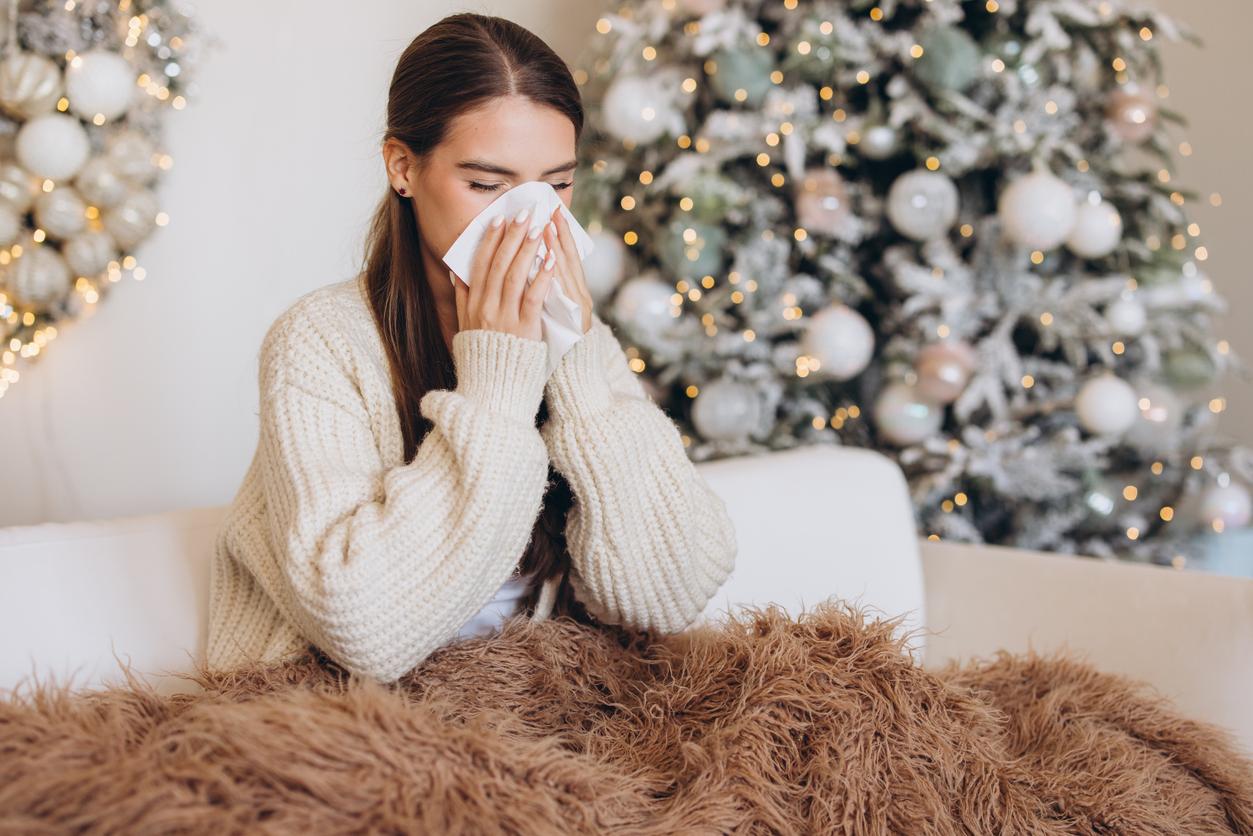While the chickenpox epidemic continues in France, certain actions make it possible to reduce the risk of transmission, especially in adults.

The chickenpox epidemic continues in France. In its latest bulletin, the Sentinels network reports that virus activity is still strong. Twelve regions are concerned, mainly in the north of the country, with an average of 44 cases of chickenpox per 100,000 French /
A danger for adults
The chickenpox epidemic must urge parents to be extremely careful, and not just to protect their offspring. Each year, this highly contagious disease affects 32,000 adults. However, after 14 years, the risk of complications – especially varicella pneumonia – is greatly increased.
Indeed, adult chickenpox is often very impressive, with many blisters frequently superinfected, and risks of damage to the lung, liver and brain. The danger particularly concerns frail people, namely pregnant women and immunocompromised people.
Wash your hands, avoid kisses …
Chickenpox is the most contagious and common childhood viral disease. It is caused by the varicella-zoster virus (VZV), a virus of the herpes family, and is spread through saliva and through contact with skin lesions or contaminated material. A person is contagious four days before the vesicles appear (incubation period) and until the last scab has formed.
After having been in contact with the child, it is advisable to wash your hands with soap and water, and to rub well between the fingers. The recommendation applies to all family members. Kisses between brothers, sisters and parents should be limited, to avoid contamination of the whole family, as often happens. Therefore, bottles, cutlery, pacifiers, pacifiers, etc. should not be exchanged. These items must be washed, dried and stored away.
Air the rooms, cut the patient’s nails
Of course, school is strongly discouraged in case of chickenpox, in order to avoid infecting the entire playground. The room where the child stays must be ventilated every day and kept at a temperature around 19 degrees.
To respect the rules of hygiene and prevent the child from scratching, it is necessary to cut and brush his nails. Showers are preferred over baths, because prolonged contact with water slows down the drying of the scabs. Practice an antiseptic cleansing of pimples once a day.
.














